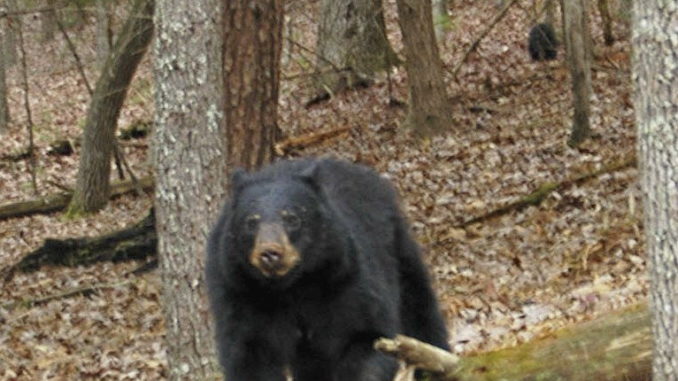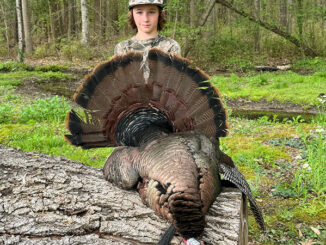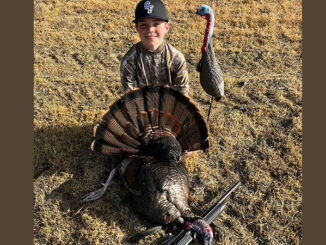
Biologists with the S.C. Department of Natural Resources (DNR) will conduct two public forums and present information about black bears living in the coastal areas of South Carolina, offer tips for “bear proofing” property, provide details on what to do during an encounter and answer any questions the public may have.
At 6 p.m. on Tuesday, Nov. 13, the public forum will be held at the Agricultural Building at Carolina Forest High School, 700 Gardner Lacy Road in Myrtle Beach.
At 6 p.m. on Thursday, Nov. 15, the forum will be at the Horry County Agricultural Complex Conference Room, 1949 Industrial Park Road in Conway. The Horry County Soil and Water Conservation District has partnered with DNR to provide support for the two public forums in this area.
Black bear populations throughout the Southeast are increasing, and coastal bears in particular are expanding their range. In the past, breeding populations of coastal bears have been found in Georgetown and Horry counties, however, this year reports of female black bears with cubs as far south as Berkeley County and as far west as Florence County have been recorded. DNR biologists have estimated more than 200 bears in about 300,000 acres of occupied bear habitat in Georgetown, Horry and Marion counties.
Deanna Ruth, DNR Biologist said, “Calls and public inquiries concerning black bear encounters on the coast have more than tripled in the past three years. Often they involve situations where bears have been fed by humans, either intentionally or unintentionally.”
The public forums seek to address these public concerns and questions regarding increasing black bear population in the Lowcountry.
As the human population continues to increase and development encroaches on bear habitat, encounters between bears and humans will continue to increase. The mere presence of a black bear does not necessarily represent a problem, according to Ruth. The species are an important part of South Carolina’s fauna, and DNR is committed to ensuring the long-term well being of the black bear, while addressing property damage and safety concerns of residents.
For more information regarding the upcoming public forums, contact Ruth at (843) 546-3226. Additional information on black bears may also be obtained from the DNR Web site, at www.dnr.sc.gov/wildlife/bear.



Be the first to comment